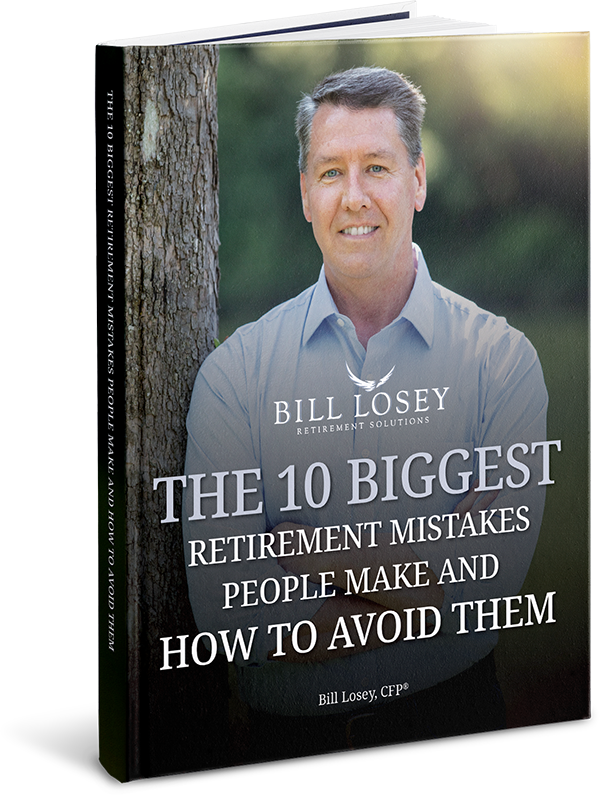My Take On The Mid-Term Elections & Stocks
You may have heard that stocks tend to rally in fall and winter. That has often been the case. In fact, the S&P 500 and the Dow have gained repeatedly after the elections occurring in the third year of a first-term presidency.
These elections seem to elate Wall Street. While past performance is no indication of future success, consider this: Wall Street has witnessed rallies after every mid-term election since 1942.
The Leuthold Group, a Minneapolis-based investment research firm, has determined that the S&P 500 has gained an average of 18.3% in the 200 days following such elections. Widening the window of time, Goldman Sachs finds that the S&P has averaged an 18.1% advance during the 12 months following each of the 15 mid-term elections since 1950. (The gain averages 11.0% when control of Congress changes hands.)
Consider another intriguing statistic regarding mid-term election years: in the five instances since 1942 when an incumbent first-term president was a Democrat, the S&P 500 has gained an average of 21.3% for the year.
The Dow may get a tailwind from the “third-year effect”. Since 1945, the third year of a presidential election cycle has tended to be very positive for the Dow. As MarketWatch columnist Mark Hulbert noted recently, the DJIA has averaged +24.7% in such 12-month periods (usually measured in fiscal years, i.e., 4Q-1Q-2Q-3Q) since the end of World War II. In fact, the Dow’s average returns in other fiscal years of a presidential term have been puny in comparison: +4.0% in year one, +1.9% in year two and +3.3% in year four.
Last month, Standard & Poor’s chief investment strategist Sam Stovall told the Wall Street Journal that the DJIA has risen an average of 17.1% in calendar years following mid-term elections since 1945, with less than 10% of these years seeing selloffs.
Will 2010 follow the historical pattern? Excellent question – after all, no one is clairvoyant. This year, stocks have not followed the longstanding trends. Stocks typically do badly in September, yet September 2010 actually turned the market around. When it comes to November, let’s hope history repeats.


